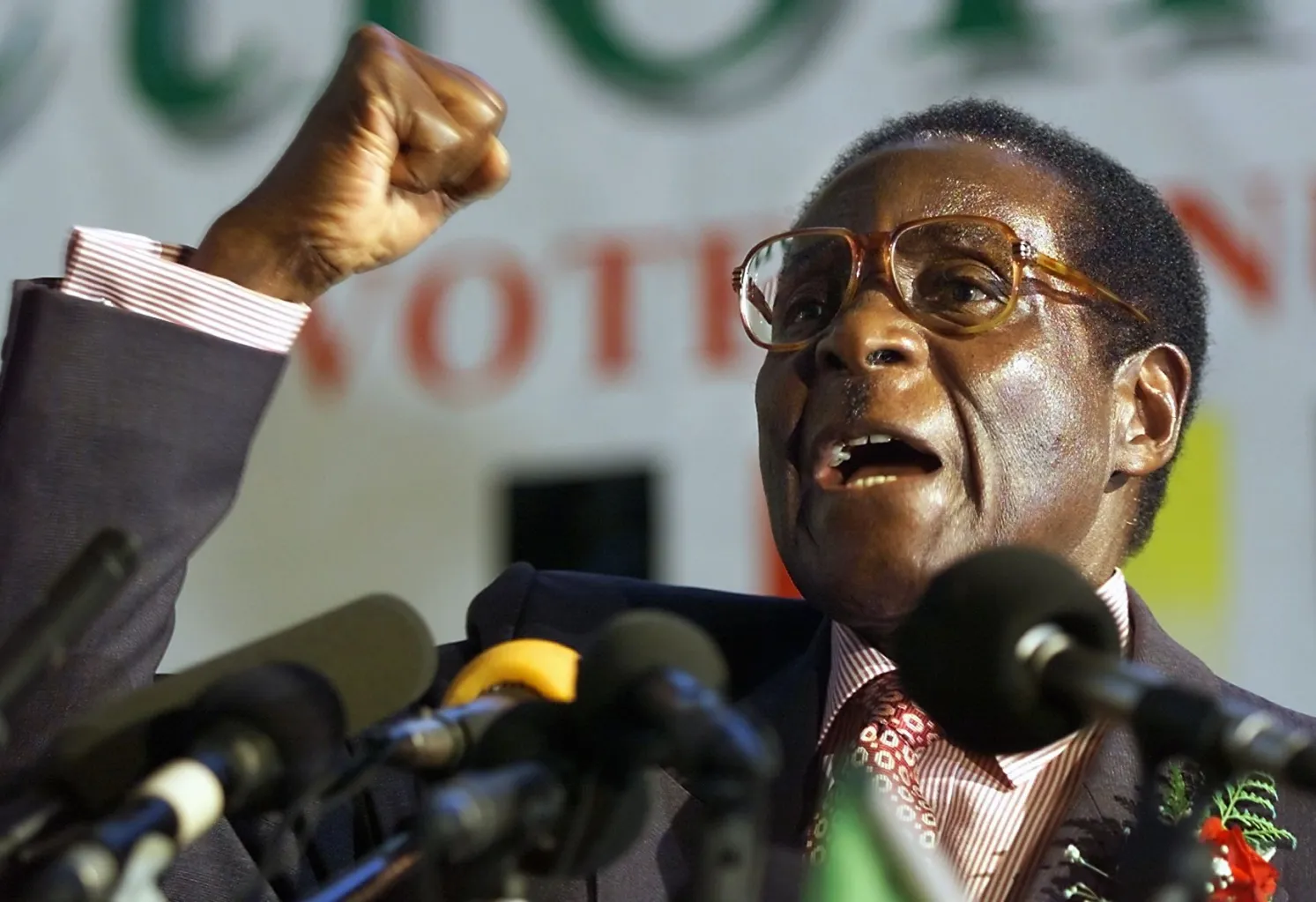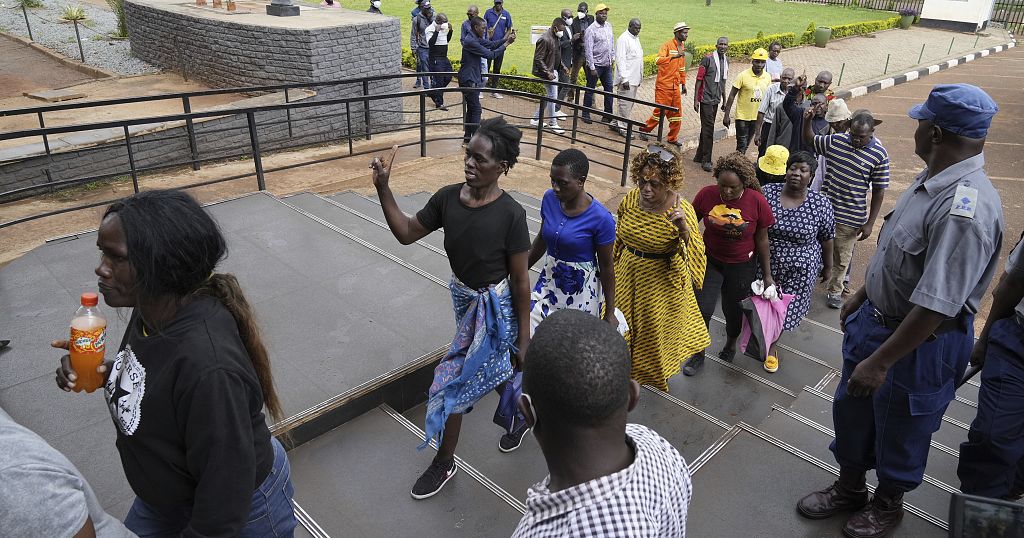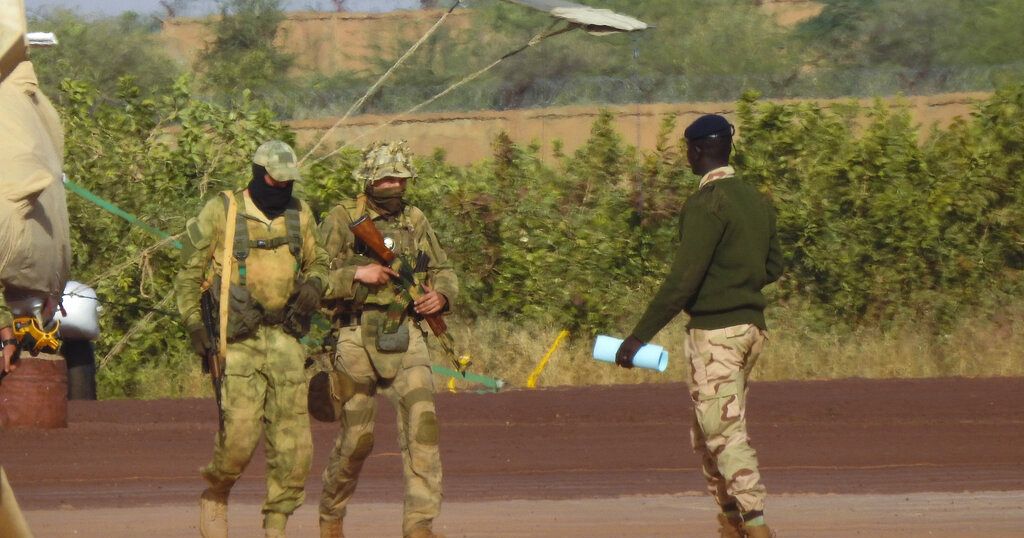Robert Mugabe may have passed away on September 6th in Singapore after a long illness, but his legacy lives on. Mugabe was a controversial figure—once feted by the Queen of England, he is now almost universally reviled. Despite this, his death was top news across the papers and television channels in the UK and elsewhere, with a giant news screen at King’s Cross station in London announcing his passing. Mugabe’s legacy is a complex one, attracting a great deal of attention, both in the UK and abroad.
Many commentators have argued that the British media’s fascination with Mugabe is rooted in the violent eviction of white farmers in Zimbabwe from 2000 onwards, many of whom were British descendants. Ugandan scholar Mahmood Mamdani has also argued that Mugabe has been portrayed as a “brutal dictator” in the West, with little sense given to how he managed to survive in power for so long.
Mugabe’s legacy has been explored in various films and documentaries, such as Simon Bright’s Robert Mugabe…What Happened? The film is a powerful documentary, featuring archival footage and interviews with key figures in the opposition movement in Zimbabwe. It is a sympathetic, historically-informed, but still highly critical, story about the man. When assessing Mugabe’s complex legacy, the positive legacies of massively improved education and health services for all in the 1980s, as well as land redistribution to smallholders, especially post-2000, have to be balanced against the persistent use of violence, gross economic mismanagement, and the failure to develop a democratic state. The failure of the British to push for a more complete settlement at Lancaster House in 1979, and the diplomatic gaffe of the infamous ‘Clare Short letter’ in 1997, are all part of the picture.
The missed opportunities of the liberation also have to be taken into account. Mugabe had worked hard for the freedoms of his people, but ultimately ended up killing them. Fadzayi Mahere argues that he “killed the freedoms he had worked so hard for”. The failure of a more complete reconciliation and integration of whites in the new Zimbabwe following independence was also a key factor in the rise of Mugabe’s hostility towards the West.
Mugabe’s death is a reminder of the need for a democratic transition, with a strong constitutional base, to shed once and for all the violent history of Zimbabwe. It is also a reminder of the need to look beyond the hero-to-villain narrative that is so often employed when discussing Mugabe and to take into account the complexities of history.
Mugabe may have been a “coalition of controversies”, but his legacy continues to fascinate and captivate people. His death serves as an opportunity to take a new look at his legacy and to seek to understand the full picture of his time in power.



